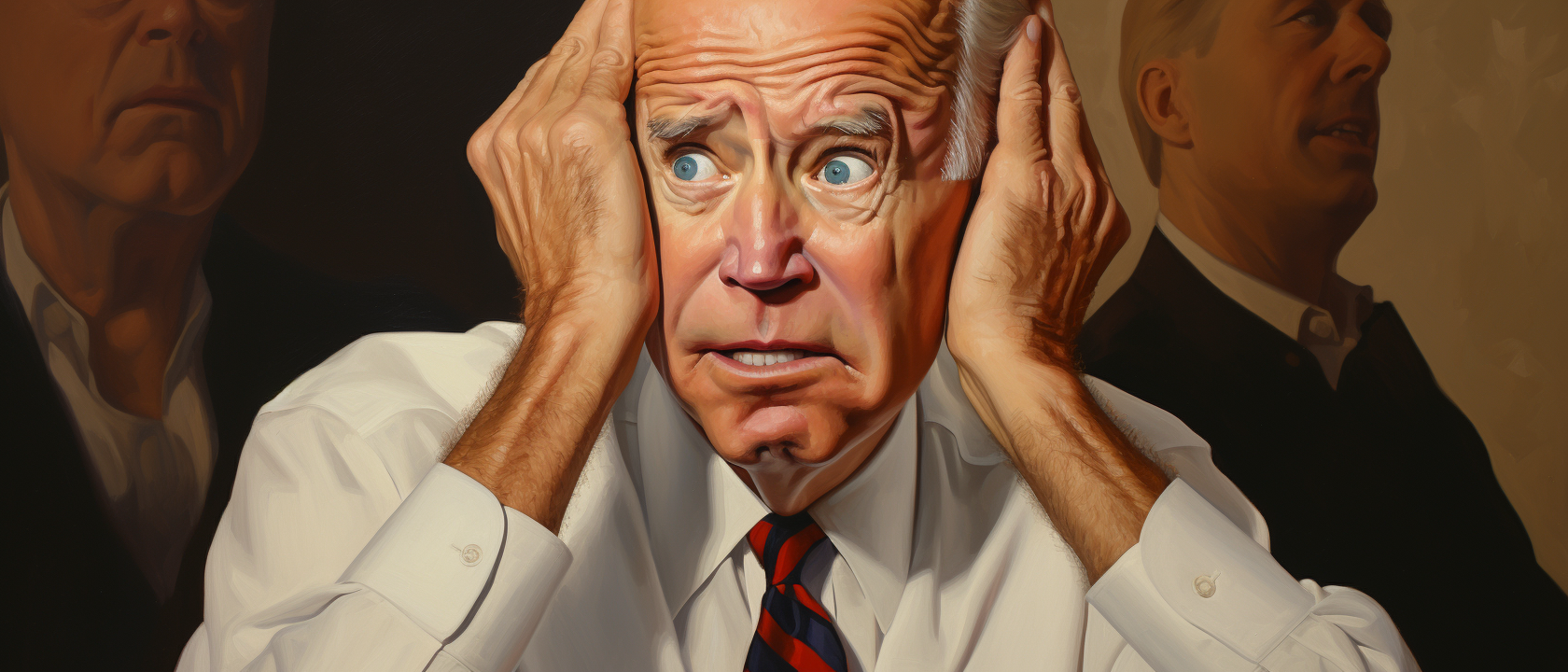Inflation, Bitcoin, and Empire: Cem Karsan's Perspective on a Shifting Economic Paradigm
This post was originally published on
Key Takeaways
The podcast episode with Cem Karsan, Founder of KAI Volatility Advisors, provided profound insights into the current state of the markets and the economy. Jem discussed the intricate dynamics of inflation, distinguishing between structural and cyclical inflation. Cyclical inflation correlates with the business cycle, whereas structural inflation arises from deep-seated societal and political shifts, such as increasing labor rights and populist policies that address inequality.
Cem emphasized that these structural changes have inflationary consequences and that the younger generation has been disproportionately affected by inequality, which has driven the popularity of Bitcoin as an alternative asset. He also delved into the potential for stagflation, where the economy experiences stagnation alongside persistent inflation, and critiqued the notion of a 'soft landing' in the economy.
Exploring the Federal Reserve's role, Cem argued that the Fed is in a challenging position, as it attempts to manage cyclical forces against a backdrop of structural inflation. He predicted a potential recession coupled with inflation above 2% and drew parallels between the current economic situation and the 1970s stagflation.
Moreover, Cem contended that the United States holds a unique position of power in the global economy, which allows it to manage its debt differently from other nations. He suggested that the U.S. might eventually undertake a form of debt jubilee, subtly reducing its debt burden without undermining the dollar's strength.
Lastly, Cem shared his views on the limitations of Bitcoin as a global currency, arguing that while it may continue to gain popularity and see short-term success, it will inevitably face resistance from entities in power that wish to maintain control over monetary systems.
Best Quotes
- "If we prioritize median people's outcomes, that is actually less efficient for GDP, but maybe better for us as a society."
- "The younger generation has been kind of screwed... they have seen labor's share decrease of GDP and have seen inequality dramatically increase."
- "Empires fade away over time... but in the history of the world, empires don't fall from their peak."
- "If tomorrow the Federal Reserve hit a button and our debt went away... what happens to the US dollar?"
- "If we went on for more decades without crisis, I would argue you're at more risk of something like that happening."
- "Crisis leads to growth and change... it's good we're getting to crisis."
- "Life isn't fair... if we want fairness, we got to create and reinstall the structures that allow for some level of fairness."
- "Bitcoin is the embodiment, almost religious embodiment, of this generation."
Conclusion
In conclusion, Cem Karsan's insights offer a reflective and nuanced view of the current economic scenario, which is far more complex than what meets the eye. The episode highlighted the tension between cyclical and structural factors driving inflation, the evolving role of the Federal Reserve, and the political and generational shifts shaping market dynamics.
Cem's analysis suggests that we may be entering a period reminiscent of the 1970s, with long-term stagflation pressures, and that the U.S. might employ unconventional methods to manage its debt. While the episode touched upon the burgeoning popularity of Bitcoin among younger generations, it also cautioned against viewing it as an ultimate solution to monetary control, given the entrenched power structures that govern global currencies.
Overall, the podcast episode offered a comprehensive examination of the interplay between economics, politics, and societal change, leaving listeners with a deeper understanding of the challenges and opportunities that lie ahead in the financial landscape.




